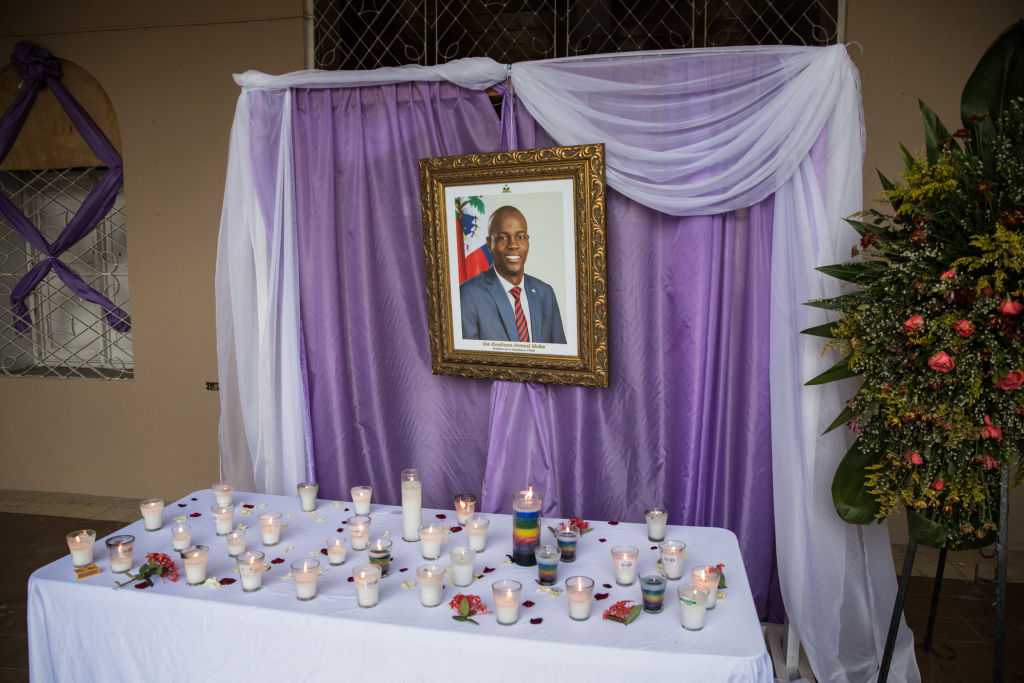Haitian prime minister had 'trusting relationship' with presidential assassination suspect, new evidence suggests


A free daily email with the biggest news stories of the day – and the best features from TheWeek.com
You are now subscribed
Your newsletter sign-up was successful
New evidence in the assasination of Haitian President Jovenel Moïse suggests current Prime Minister Ariel Henry to have "maintained communications" with a top suspect in the murder, "and that the two stayed in close contact even after" the attack, The New York Times reports.
Phone records viewed by the Times, in conjuction with interviews with Haitian officials and a top suspect in the case, revealed "potentially incriminating details" about Henry's relationship with Joseph Felix Badio, "a former justice ministry official wanted by the Haitian authorities on suspicion of organizing the July 7 attack." For example, the Times reports, the two men reportedly spoke before the attack and afterwards, with Badio even allegedly visiting Henry when authorities were searching for him.
A spokesperson for Henry denied the prime minister speaking with or having any sort of relationship with Badio. It is unclear at the moment whether Henry did anything to help the suspects in the case.
The Week
Escape your echo chamber. Get the facts behind the news, plus analysis from multiple perspectives.

Sign up for The Week's Free Newsletters
From our morning news briefing to a weekly Good News Newsletter, get the best of The Week delivered directly to your inbox.
From our morning news briefing to a weekly Good News Newsletter, get the best of The Week delivered directly to your inbox.
The Times also spoke with investigation suspect Rodolphe Jaar, who provided "extensive details" about what he described as the "trusting relationship" between Badio and Henry.
Jaar, a Haitian businessman and ex-drug trafficker who helped finance and plan the assassination, said Badio had described Henry as his "good friend" and claimed he had "full control of him," the Times reports, noting that the exchange reportedly occured as Henry was named prime minister.
Jaar also alleged, among other assertions, that Badio had "sought help" from Henry to escape, and that Henry told him "he would make some calls" (the Times could not independently verify those claims).
Three Haitian officials with the investigation otherwise confirmed Henry "was in touch with [Badio] on multiple occassions," the Times reports. The officials said Henry would be a formal suspect in the case if he were not in charge of the government. Read more at The New York Times.
A free daily email with the biggest news stories of the day – and the best features from TheWeek.com
Brigid Kennedy worked at The Week from 2021 to 2023 as a staff writer, junior editor and then story editor, with an interest in U.S. politics, the economy and the music industry.
